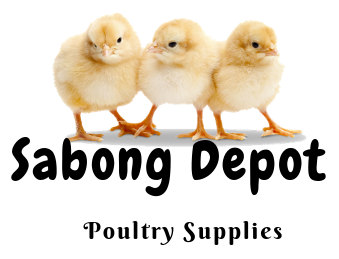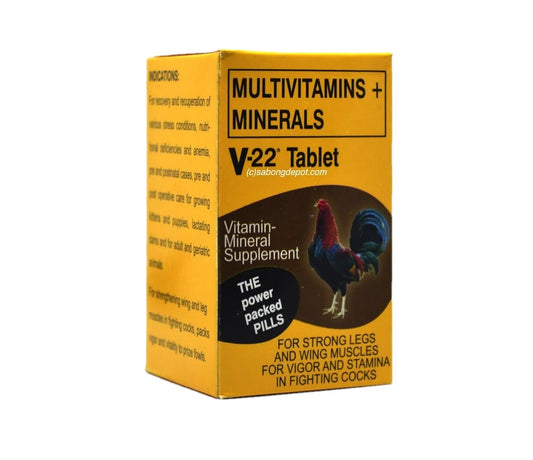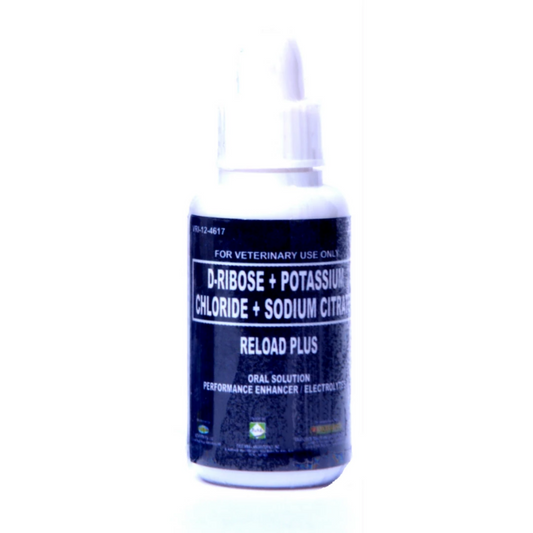As a gamefowl enthusiast, the health and well-being of your birds is likely a top priority. However, one of the most common and serious health issues that gamefowl can face is Mycoplasma infection. Mycoplasma is a type of bacteria that can cause a wide range of symptoms in birds, including coughing, sneezing, nasal discharge, and reduced egg production. In severe cases, Mycoplasma infection can even lead to death.

To prevent the spread of Mycoplasma and protect the health of your birds, it is important to implement a variety of biosecurity procedures. Here are some key steps you can take to keep your gamefowl safe from Mycoplasma:
- Quarantine all new birds before introducing them to the flock. This will ensure that any potential Mycoplasma carriers are identified and treated before they can infect the rest of the flock.
- Practice good hygiene and sanitation in the gamefowl facility. This includes regularly cleaning and disinfecting the coops, feeders, and waterers, and keeping the facility free of debris and clutter.
Vetracin Gold Mycoplasma Treatment and Recovery Powder
- Limit visitors and outside contact with the birds. This will reduce the risk of introducing Mycoplasma or other pathogens into the flock.
- Implement a rodent and pest control program. Rodents and pests can spread Mycoplasma and other diseases, so it is important to keep them out of the gamefowl facility.
- Use only clean and disinfected equipment and tools. This includes feeders, waterers, and any other equipment that comes into contact with the birds. Keep feed and water sources separate from the birds to avoid contamination.
- Regularly test and monitor the flock for signs of Mycoplasma infection. This includes checking for symptoms such as coughing, sneezing, nasal discharge, and reduced egg production.
- Isolate and treat any birds showing symptoms of Mycoplasma infection immediately. This will prevent the infection from spreading to the rest of the flock.
- Implement a vaccination program as per your veterinarian's advice. Consider testing your birds for Mycoplasma before breeding and showing them. This will help ensure that you are not spreading Mycoplasma to other flocks.
By following these biosecurity procedures, you can help to protect your gamefowl from Mycoplasma infection and keep them healthy and strong. Remember that a healthy bird is a happy bird and a healthy bird is a winning bird! If you have any questions or concerns about Mycoplasma or other health issues affecting your gamefowl, be sure to consult with a veterinarian who specializes in avian medicine.







